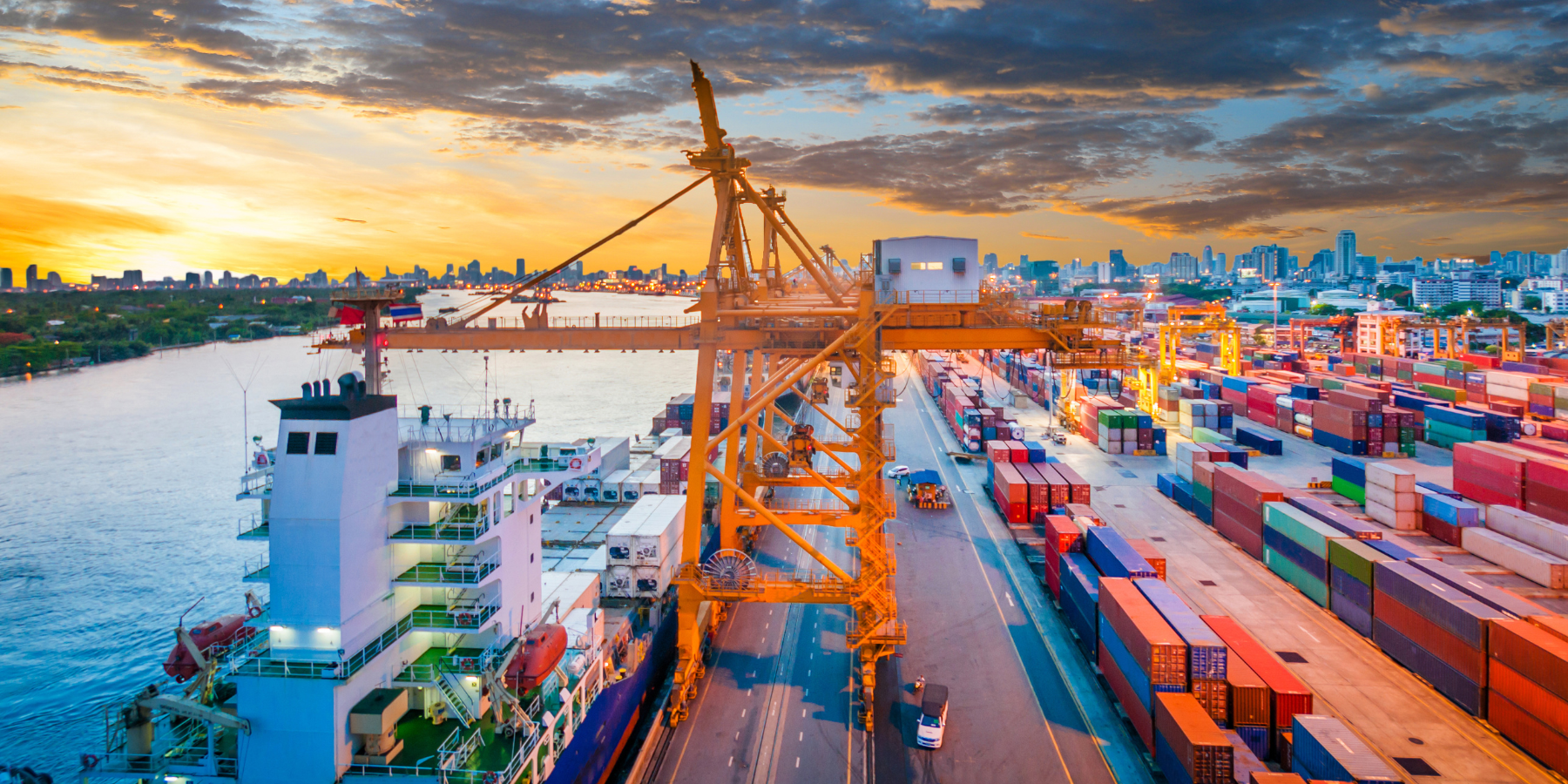Everyone who is involved with the movements of goods around the world is familiar with these surcharges. These constantly changing fees make it extremely challenging for importers and exporters alike to budget accurately for transportation and logistics costs in advance of their moves. These also create headaches for third party logistics providers who have to constantly keep track of the fluctuations, amongst countless truckers, rail, air and ocean carriers who seem to all have their own way of calculating and implementing this charge.
As we all know, fuel prices are extremely volatile and on a constant roller coaster ride, and it would make sense that the fuel surcharges imposed by carriers of all types follow the same trend. But when we start digging a little deeper and comparing various carrier surcharges side by side, the wide range of surcharges for a similar move can definitely raise a long list of questions. While there are a few good reasons as to why this might be the case, some skeptics suggest that fuel surcharges are not only used by carriers to deal with the effects of fuel price fluctuations, but also as a clever way of implementing and disguising price hikes on their services, without actually raising their base rates. It is certainly easy to jump to this conclusion.
Here are a few interesting facts about the fuel surcharges imposed by air, ocean and on road carriers:
Air Surcharges
An interesting headline these days related to the fuel surcharges imposed by the air carriers points out the fact that they tend to have a swift response to increases in fuel prices and a much slower response when prices drop. Some airlines defend their leisurely response when fuel prices drop by explaining that they do not feel the relief right away due to hedging. But does the hedging effect not apply when fuel prices increase? According to Money Magazine, a few Asia Pacific airlines have recently removed Fuel Surcharges, but have apparently simply adjusted their base rates as a result, and overall ticket prices are essentially left unchanged.
Ocean Surcharges
The fuel surcharge applicable to ocean freight is known as the BAF, Bunker Adjustment Factor. Bunker is the fuel used by ocean going vessels and is essentially made up of a thicker sludge-like substance that is generated after the more valuable fuels have been processed out of crude oil. Apparently ocean carriers used to hold conferences to set BAF charges, but were banned from doing so by the European Commission in 2008 as an attempt to prevent collusion from taking place. Each line now sets their own, usually based on load, discharge country, and container type. Since bunker is a type of oil, you would think that fluctuations in crude oil prices would result in a change in bunker prices, but it turns out that the correlation between the pricing levels of crude oil and bunker are not straightforward. If you want to know more about this, an article written by 3PL Wire a few years back attempts to explain the correlation in this article.
On-Road Surcharges
In North America, many truckers base their fuel surcharge percentages based on weekly indexes provided by the US Department of Energy or the National Traffic Services in Canada. But once again, carriers can decide what fuel surcharge they want to use, and it happens often that we see a wide discrepancy between carriers. Additionally some build it into their cost while other choose to have a lower base rate and higher fuel surcharge. Large courier companies like UPS and Fedex also have their own way of calculating the surcharges, which they both claim follow market indices. If you compare their current surcharges for ground transport effective March 2, 2015, they currently have a 1% difference.
Bottom line – While the concept of fuel surcharges as a way to cover the fluctuating cost of fuel makes perfect sense, the inconsistency around the implementation of these ever-changing fees certainly can cause whoever is involved in international transportation to raise some valid questions. While some carriers still choose to build these charges into their rates as a way to be easier to do business with, many others offer these as standalone charges that are adjusted regularly. These fuel surcharges can vary greatly between carriers and by mode of transport, and they certainly do not make things easier for importers, exporters and freight forwarders alike.
We certainly welcome any comments on this topic. How do fuel surcharges affect your business? How does your business budget for these costs?



